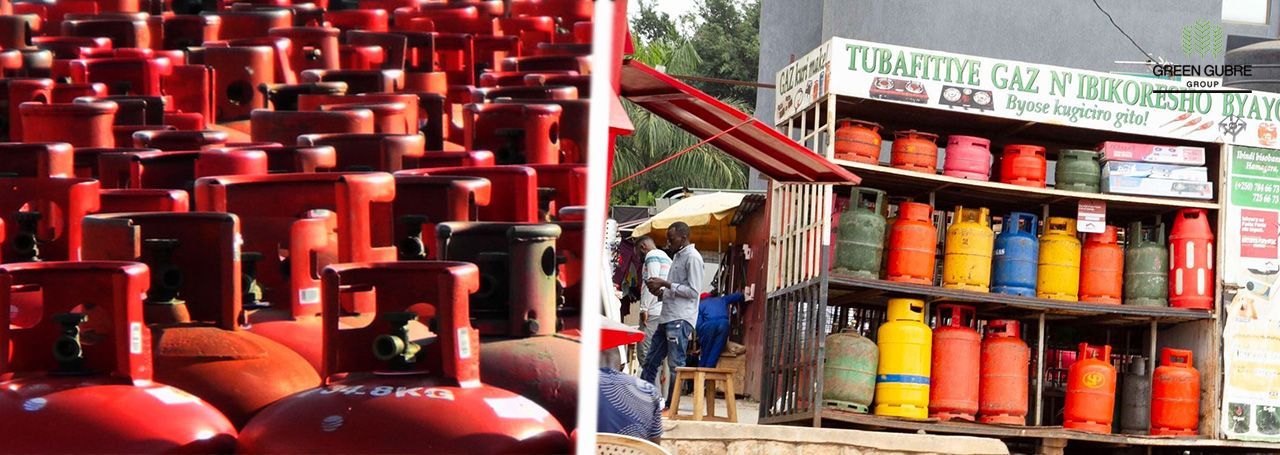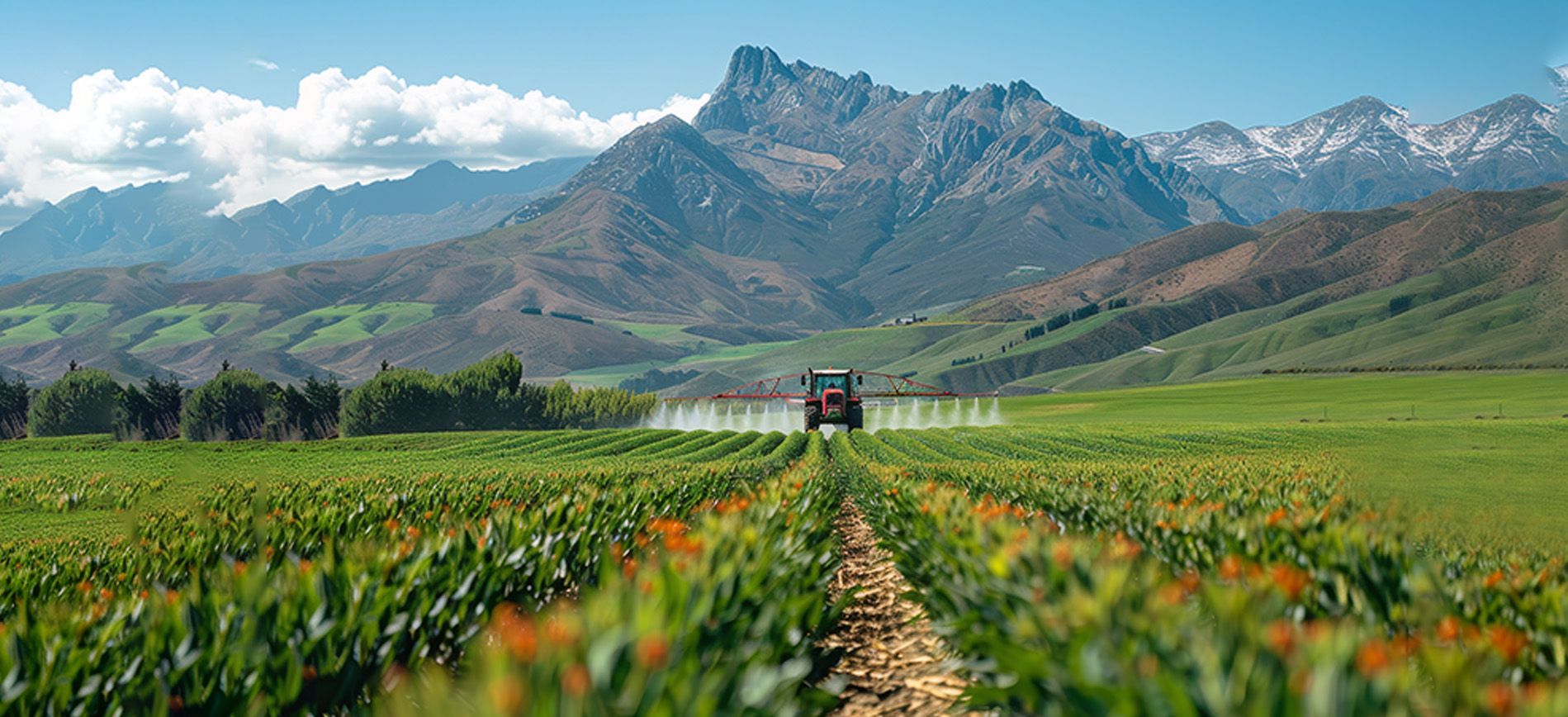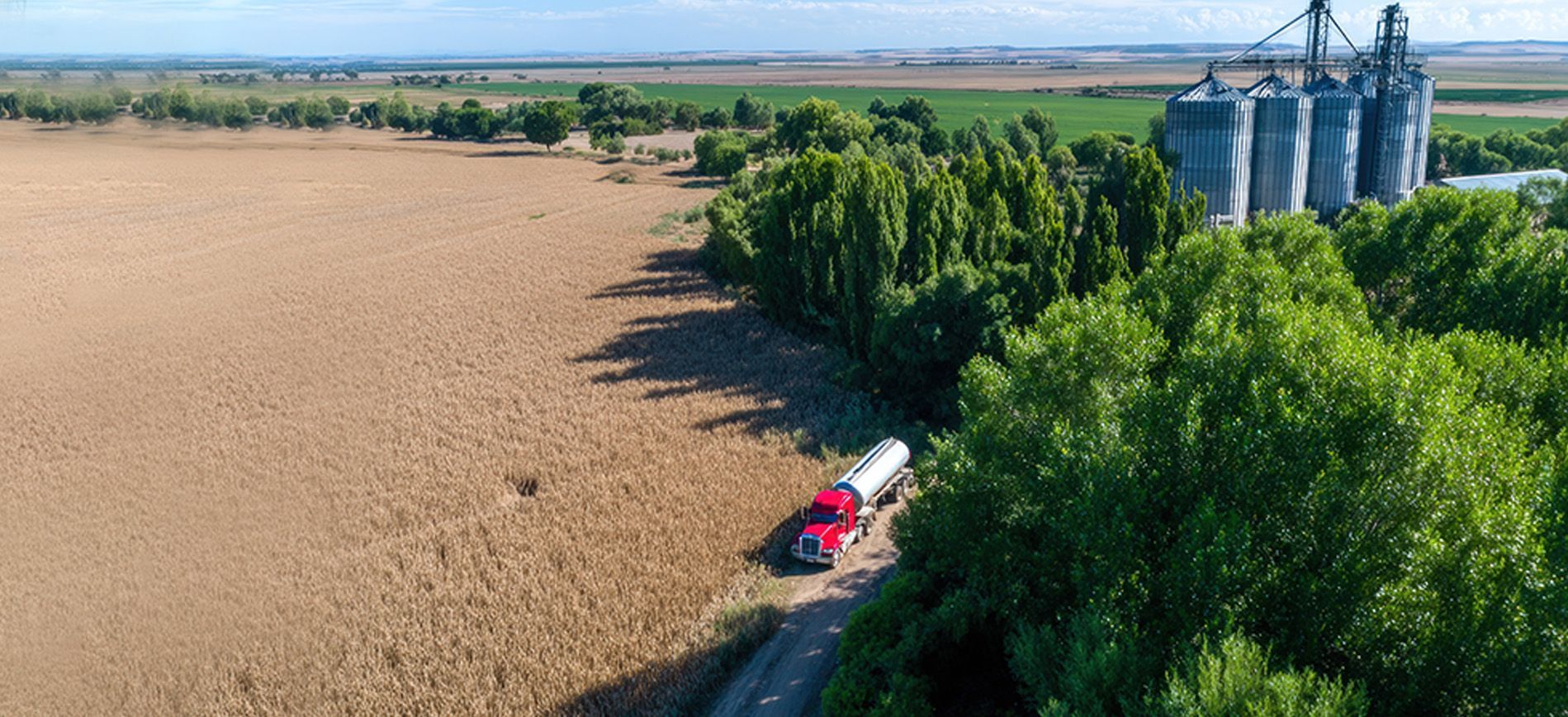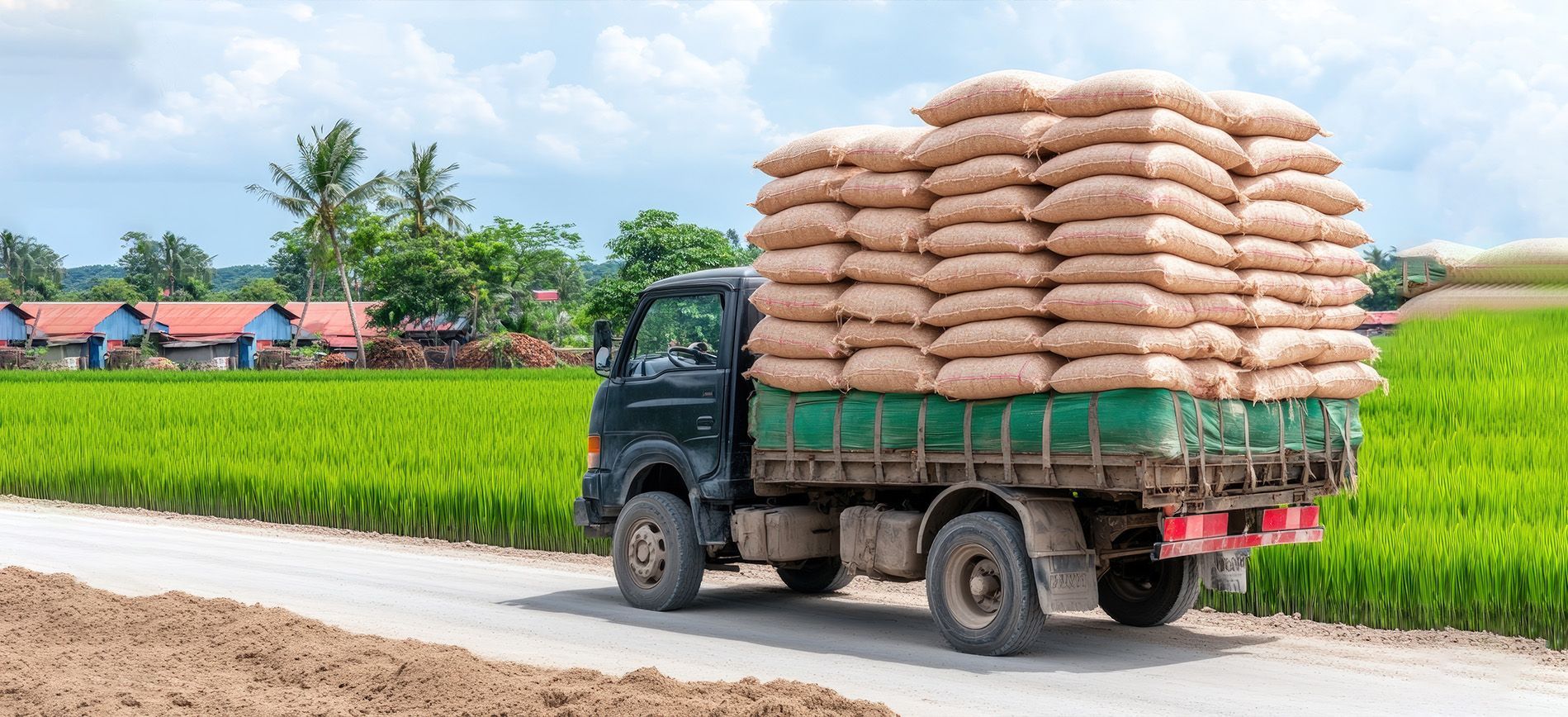How LPG is Transforming Agriculture in Rural Africa
How LPG is Transforming Agriculture in Rural Africa

Liquefied Petroleum Gas (LPG) is revolutionizing rural Africa as a clean cooking fuel and a powerful tool in modern agricultural practices. From irrigation pumps to crop drying, LPG offers farmers a cost-effective and environmentally friendly energy source. This blog discusses how LPG is transforming agriculture in rural Africa, improving efficiency, and contributing to economic growth.
LPG for Enhanced Efficiency in Crop Processing:
LPG-powered equipment is becoming increasingly popular for drying crops, particularly in regions where electricity is unreliable. Crop drying powered by LPG allows faster processing and minimizes crop loss, enabling farmers to sell high-quality produce at better prices. This adds significant value to agricultural output and supports income growth for rural communities.
Supporting Sustainable Irrigation Practices with
LPG:
Irrigation is critical for farming in Africa, especially in arid regions, but fuel-powered pumps often result in high operational costs. LPG-powered irrigation pumps provide a cost-effective alternative, allowing farmers to sustain irrigation during critical growth stages and optimize water use. These pumps are also eco-friendly, reducing greenhouse gas emissions compared to traditional diesel pumps.
Empowering Smallholder Farmers with Affordable, Clean Energy:
LPG is a cost-effective and accessible energy source for smallholder farmers across Africa. By adopting LPG, farmers reduce their dependency on expensive diesel and kerosene, enabling them to reinvest in their farms and increase production. LPG also improves working conditions, emitting less smoke and requiring less maintenance than traditional fuel sources.
Conclusion:
LPG is more than just a clean cooking fuel; it is a transformative energy source that holds significant potential for rural Africa’s agricultural sector. By enabling efficient crop drying, irrigation, and powering farm equipment, LPG supports sustainable practices, enhances productivity, and boosts rural economies. Its accessibility and affordability make LPG an invaluable resource for Africa’s future in sustainable agriculture.




